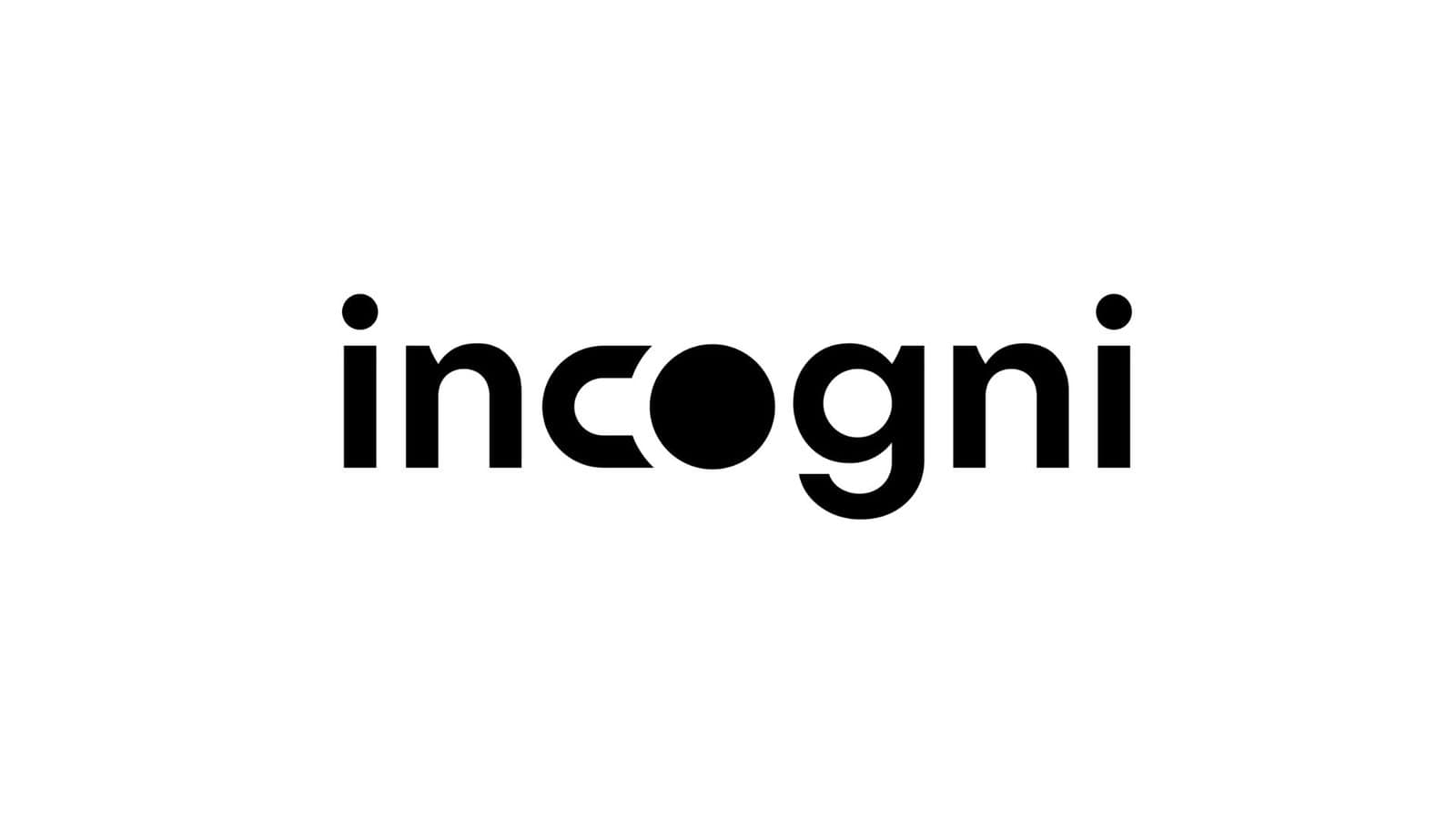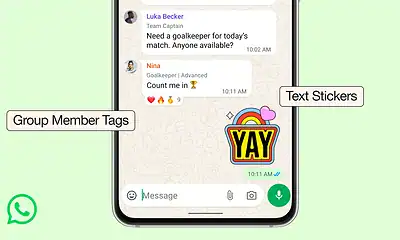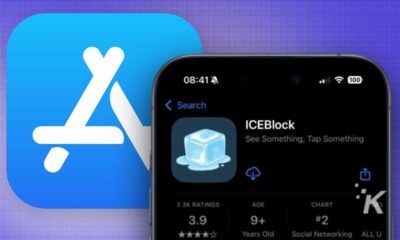Apps
OneRep vs. Incogni: Which data removal service should you use?
OneRep and Incogni are here to help reclaim your privacy, but which one is worth your money?
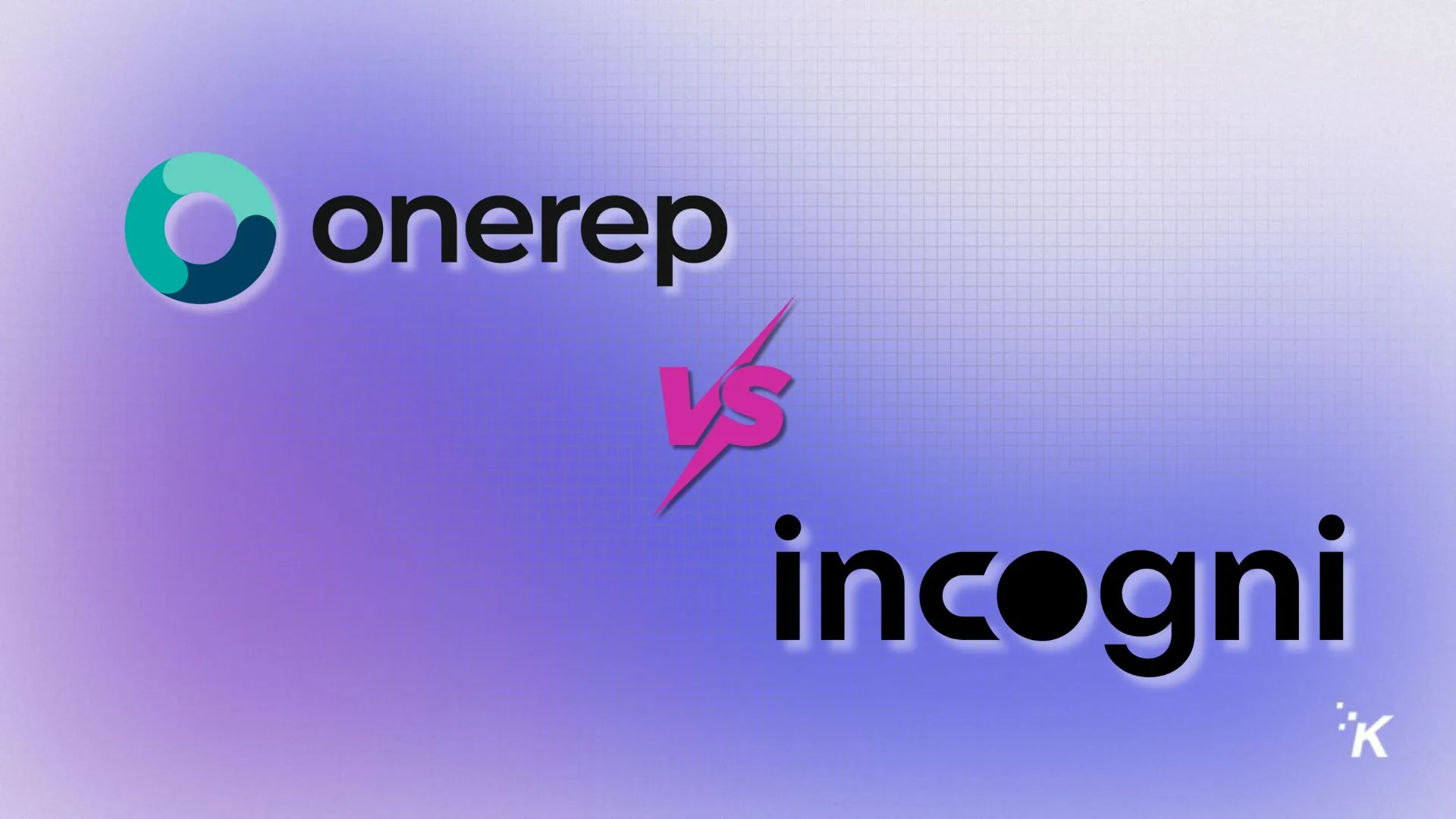
Just a heads up, if you buy something through our links, we may get a small share of the sale. It’s one of the ways we keep the lights on here. Click here for more.
Your personal information is everywhere – from address and phone directories to deep marketing and risk systems you’ll never see.
Having it removed from there could cut spam, unwanted solicitations, and exposure to, for example, fraud and identity theft. But it’s not an easy task.
While researching the issue, two names often come up: OneRep and Incogni. While both claim they can help you take back control, there are significant differences in the automation, depth, transparency, and usability of their tools and services.
This article compares them side-by-side so you can decide which one is better for your privacy needs.
At a glance: OneRep vs. Incogni
| OneRep | Incogni | |
| Price | From$8.33/month (5-day free trial) | From $7.99/month |
| Automation Level | Mixed: automated for common sites, manual for difficult cases | Fully automated; recurring requests |
| Broker Coverage | 230+ brokers, primarily public, people-search directories | 420+ brokers, public and private marketing, risk, recruitment brokers |
| Transparency | Shows which listings it suppresses, re-checks periodically | Dashboard with logs, confirmations, ongoing cycles |
| Verification | None | Deloitte Limited Assurance Assessment |
| Support | Email, support tickets | Email, live chat for subscribers, phone support for Unlimited users |
| Best For | Removing visible listings from public directories | Deep, ongoing removal across public & private brokers |
How each service works
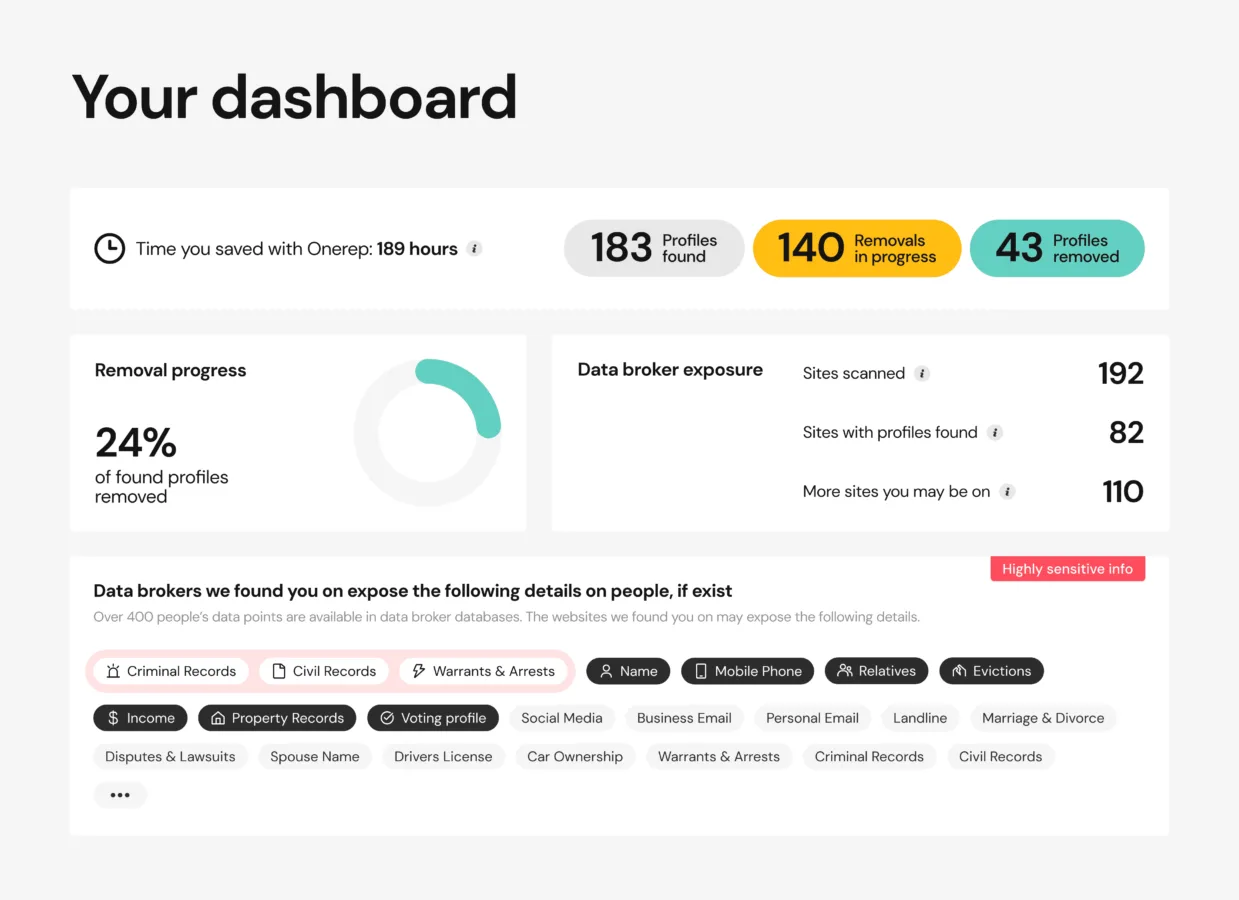
OneRep specializes in managing data available on public directory sites. It combines automation (for common, standard directories) with some manual intervention in more complex cases.
Its system searches a list of known people-search sites, sends deletion requests, and tries to suppress new appearances when possible.
Incogni takes a broader approach. After you verify your account, its system contacts a vast network of brokers, both public and private, visible and hidden.
It tracks responses and status, and resends opt-out requests on a schedule (every 60–90 days). You don’t have to follow links or re-submit forms manually.
Coverage and depth
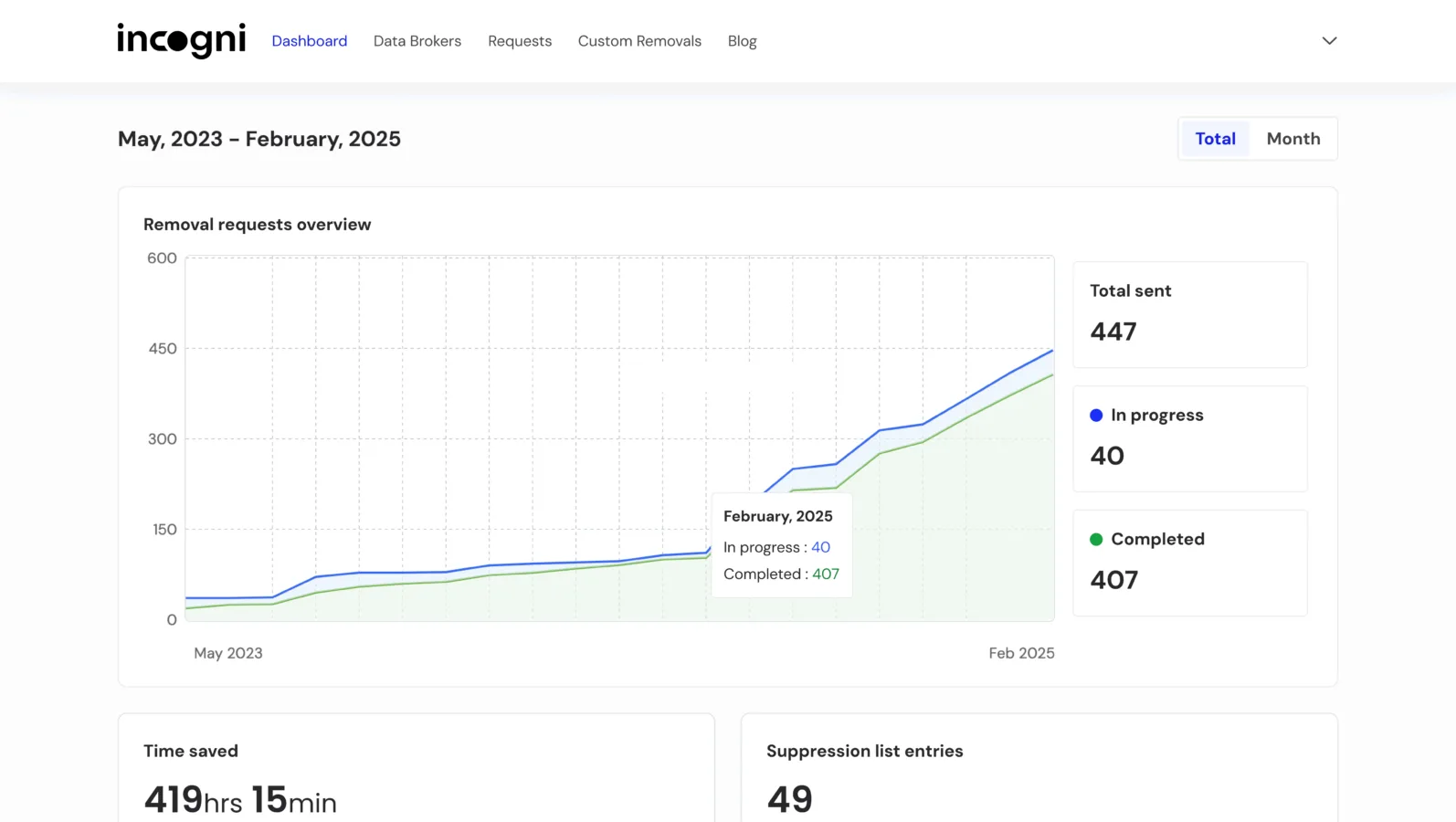
OneRep concentrates on people-search sites and directories, i.e., places where your name, address, phone number, relatives, or any other private information might be listed openly.
Users report the removal from dozens of directories successfully.
However, OneRep doesn’t engage with private broker databases – the behind-the-scenes actors that feed marketing lists, credit profiling, or data resale networks.
And these are precisely the ones that often cause spam, risk scoring, or downstream data proliferation.
Incogni’s probably the biggest advantage is that it extends beyond public directories and targets those private brokers.
Its coverage spans multiple broker types, from marketing, risk, recruitment, to financial, not just the visible listings. This depth means that when your name gets removed from directory sites, it’s less likely to reappear.
Transparency and reporting
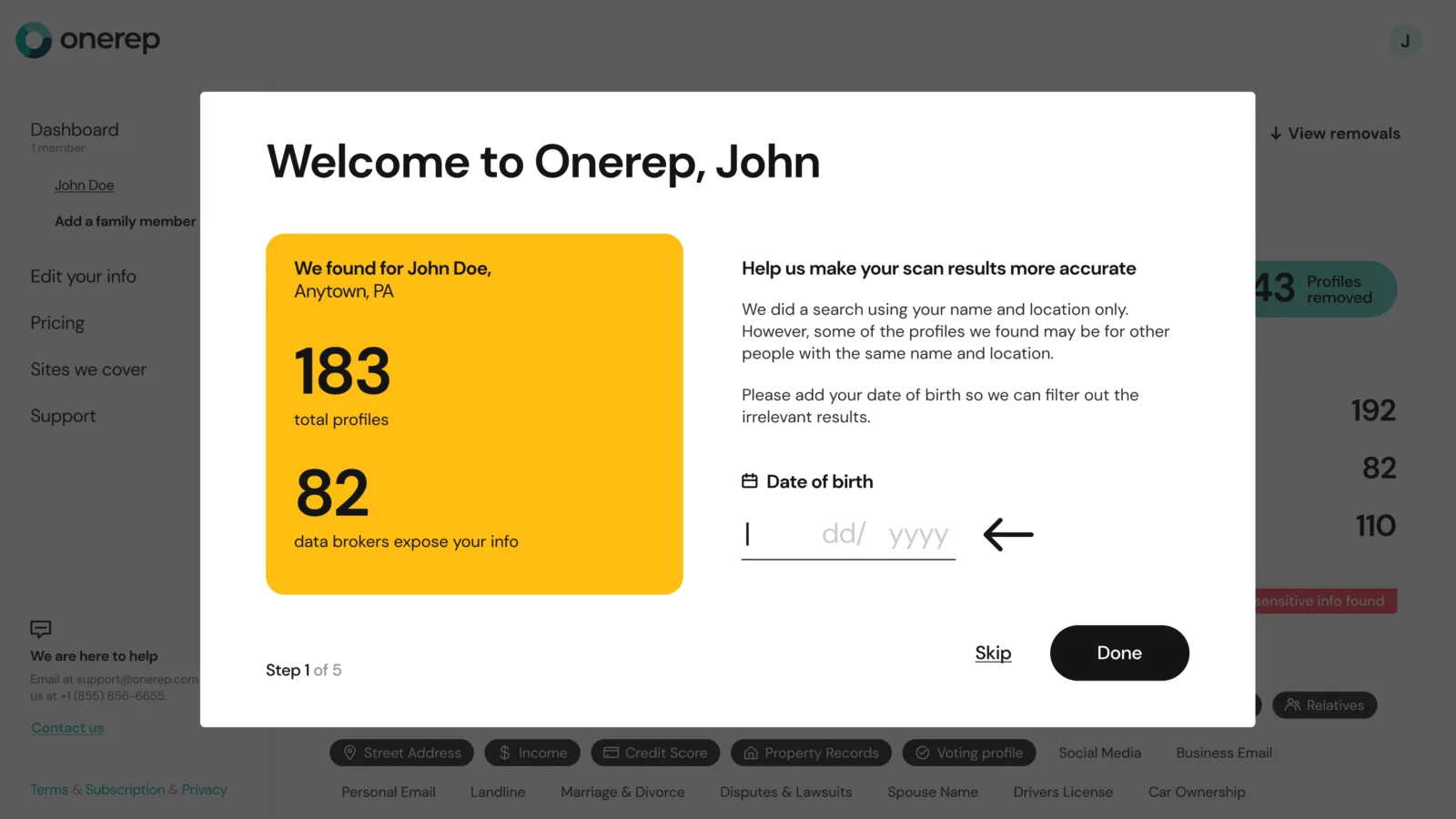
OneRep provides users with feedback regarding the directory sites it sends removal requests to, and whether it succeeds or proceeds with a follow-up.
Its interface allows you to see suppressed listings and periodic re-checks.
Incogni’s reporting, on the other hand, focuses more on the process.
It provides status logs, confirmation receipts, recurring cycle updates, and an interface that displays brokers who have confirmed deletions and those who haven’t yet.
As a lot of private brokers aren’t public-facing, Incogni can’t always provide screenshots as evidence, but instead it relies on logs and mapped confirmations.
Pricing and plans
OneRep positions itself as a more premium service for private data removal. Its monthly rate is at $15.95/month for individuals, with family or multi-account pricing in higher tiers.
It offers ongoing scanning and the management of new listings. You have a cheaper $8.33 a month plan, but it excludes premium removals, making it a weaker option.
Incogni’s pricing begins at $7.99 per month (billed annually), with full automation and broker coverage included by default.
Upgrading unlocks extras such as priority handling, unlimited custom removals, and family plans – but the overall cost remains competitive and predictable.
Ease of use and support
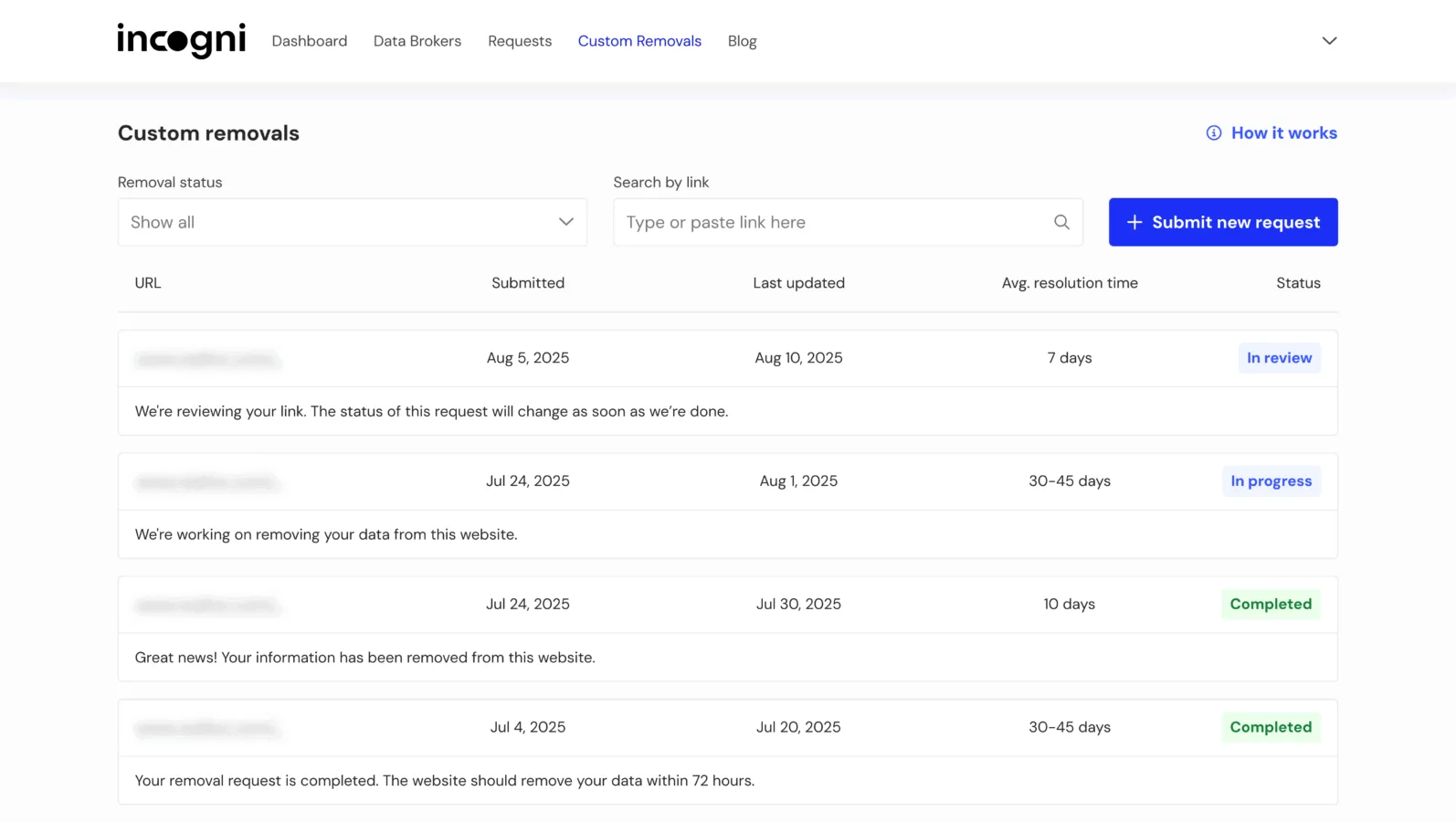
User experience matters. A privacy tool you dread using is useless.
OneRep is praised for its clean interface and step-by-step guidance. Users confirm they see directory removals over weeks, and the system re-checks them automatically.
Moreover, for tougher cases, follow-up or manual confirmation by the user may still be needed. Customer support is primarily email and ticket-based.
Incogni offers a more passive experience. Once setup is set and done, many users choose not to interact again as there’s no need – the system runs in the background, reissuing requests over time.
Support is available via email and live chat for subscribers (phone support is only for Unlimited users), and responses are typically prompt and solution-focused.
Users appreciate that they don’t have to oversee removal cycles or resubmit options.
Pros and cons
OneRep
| Pros | Cons |
| Effective removal from the visible directory and people-search sites | Doesn’t reach private broker databases |
| Periodic re-checks and suppression of re-listings | No independent audit of removal processes |
| Clear interface and progress feedback | Higher cost relative to removal depth |
| Some removals may require manual confirmation |
Incogni
| Pros | Cons |
| Full automation across public and private data brokers | Less direct screenshot proof of removal for certain public listings |
| Recurring cycles reduce reappearance risk | No free tier (but with a 30-day, money-back guarantee) |
| Independent assurance – Deloitte Limited Assurance Assessment | Phone support included only in Unlimited plans |
| More removal coverage per dollar in many cases |
Who each service is best for
| If you’re someone who… | Choose OneRep if… | Choose Incogni if… |
| Values clear visibility and tracking | You want detailed screenshots and evidence of each removed listing | You want detailed screenshots and evidence of each removed listing |
| Cares about automation level | You prefer some manual control and verification for difficult cases | want a completely automated “set-and-forget” system with recurring protection |
| Prioritizes coverage scope | You mostly care about with what people can see in public directories-party verification | You want protection from both visible listings and hidden data brokers trading your information |
| Has specific privacy needs | You want to remove what appears in Google searches | You seek deeper, lasting protection against data trading and reappearance |
Final verdict: Visibility vs. depth
If your main goal is to reduce your online visibility in public directories and people-search sites, OneRep does a commendable job – it’s simple, clear, and well-engineered for that specific purpose.
Many users may actually see some reductions in spam and exposure.
However, if you seek deeper protection, i.e., stopping your personal data from being traded by hidden actors, Incogni provides a more suitable solution.
Its automation, resending cycles, and private broker coverage mean it works in the background, continually, without requiring you to manage every detail, and still does the job.
Looking for more choices? Browse our comprehensive overview of the top data broker removal providers, featuring Incogni, OneRep, and other alternatives.
For most people, especially those who worry about constant exposure and not just what’s on the surface, Incogni is the more long-term while still hands-off choice.
OneRep may help reduce what people see first, but Incogni helps reduce what’s being sold behind the scenes.
Incogni offers fully automated personal data removal from 420+ data brokers, uniquely targeting both public and private sources that drive spam, profiling, and identity fraud. The service handles everything from initial removal requests to ongoing monitoring.

